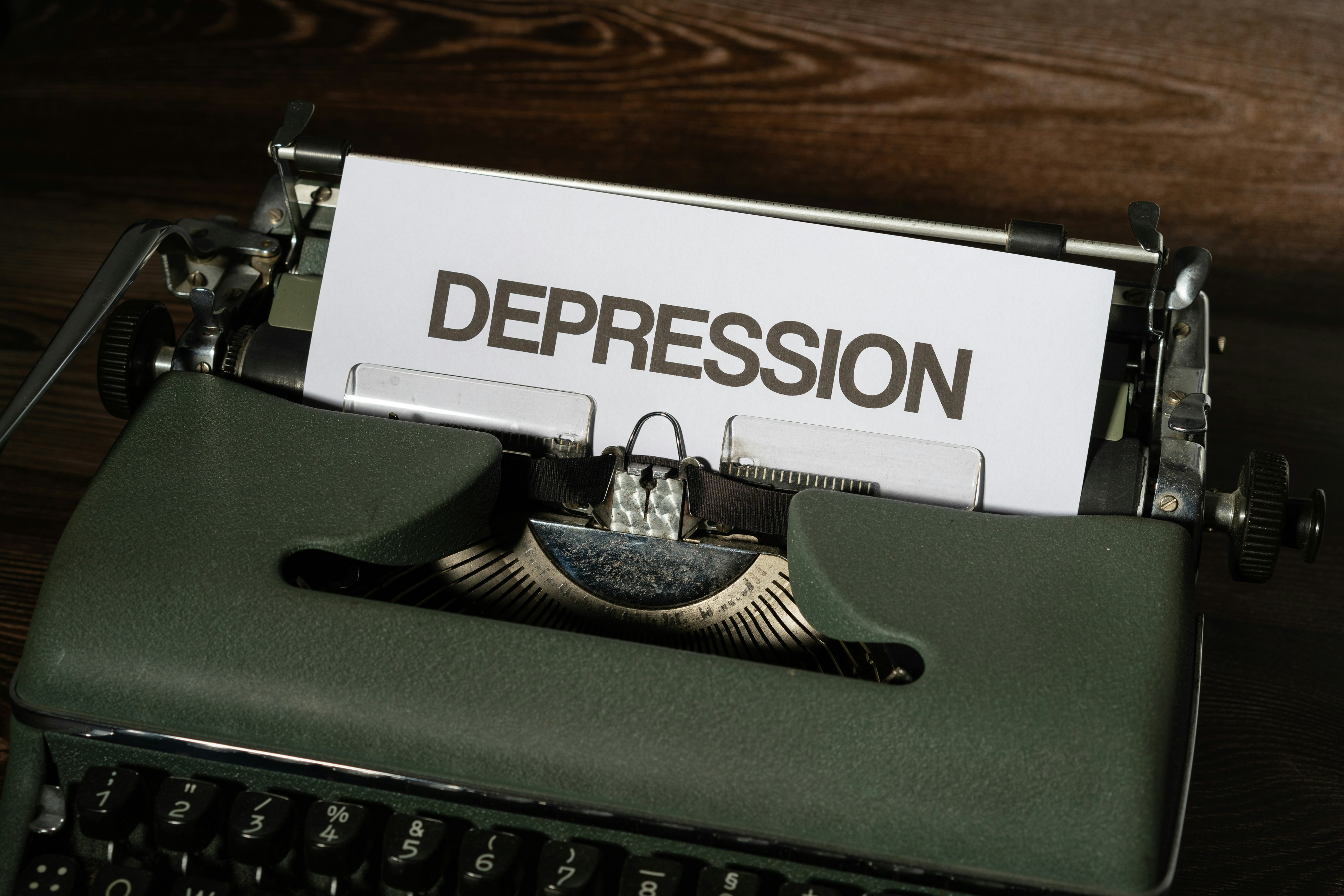The Heart Behind the Help: Caring for the Caregiver
November is National Family Caregivers Month and what better way to honor it than talking about what caregiving looks like and how to take care of the self as a caregiver. We will shine some light on the challenges in navigating the caregiving landscape and identify some of the blessings that taking on this role can provide.
Family caregiving, according to the Caregiver Action Network, is “providing unpaid assistance to family members or loved ones who need support due to illness, disability, or the effects of aging.” This includes adults caring for spouses, children taking care of parents or grandparents, and grandparents taking care of grandchildren, to name a few examples (Illinois Department of Aging). Family caregiving focuses on care for members of one’s family of origin or or one’s chosen family (Johns Hopkins Medicine).
Caregiving tasks include:
- Helping with ADLs (Activities of Daily Living - such as showering, brushing teeth, etc.)
- Providing transportation to medical appointments
- Taking care of household chores and responsibilities
- Administering prescribed and OTC medications
- Caregiving as an extension of health care systems (at home caregiving, being a personal advocate, etc.)
(Source: American Psychological Association)
The above items are only a snapshot of activities falling under the family caregiving umbrella. Providing support/care for end of life, long term illness, short term physical incapacitation, and severe mental illness are common reasons people step into caregiving roles.
We provide care because it is important to support our loved one’s health and happiness. It can take its toll on those providing care because there can be many demands, expectations, and tasks to be met and completed on a consistent and frequent basis. A major struggle is making time for self-care. We can experience guilt for wanting space and time for ourselves. We can experience frustration for the challenges being presented to us while also trying to live our lives outside of the caregiving space. All the emotions that come with such a labor of love are welcome and valid.
Difficulties faced by the caregiver:
- Adverse impact on physical health
- Interference with maintaining close relationships
- Losing a sense of self (identity, autonomy, independence)
- Exhaustion - mental and physical
- Increased stress and anxiety
- Self-care becomes secondary
- Higher chance of depression
- Negative impact on work/career
(Source: National Center for Biotechnology Information)
But let’s not forget that there are some gifts that come with caregiving too. These include:
- Feels rewarding
- Develops a closer bond with recipient of care
- Sense of mastery and personal growth
- Increased confidence
- Fulfills our innate desire for connection
(Source: National Center for Biotechnology Information)
According to the Hospice Foundation of America, self-care activities include engaging in healthy eating and sleeping habits, exercising, journalling, exploring relaxation techniques, connecting with other caregivers (support groups), spending time with and asking for help from your support system (family, friends, etc.).
Some more specific suggestions for self-care that we have found helpful in working with our clients include:
- Educating self on what other resources are available to supplement assistance to provide breaks (ask your healthcare provider for support groups)
- Being mindful of HALT: Hungry, Angry, Lonely, Tired (if you are feeling any of these things, ask yourself what can you do to address them)
- Accepting help (take people up on offers to assist)
- BREATHING! When we become stressed, anxious, or overly tense, we have a tendency to unknowingly hold our breath. Be conscious of your breathing patterns. Breath work helps to calm the nervous system.
- Talk it out: share with your partner, siblings, friends. Containing what you’re going through will backfire. Seeing a therapist is also recommended.
- Reminding yourself that you cannot do and be everything for your loved one. That’s ok and is the realistic expectation. Holding yourself to unattainable standards will breed anxiety and depressive symptoms.
The difficulties and rewards that caregiving brings are a package deal. You are human. There are only so many hours in the day and only so much energy one has. Being realistic with expectations of self is half the battle in maintaining a better quality of life for yourself. No one can go this alone, so don’t underestimate the availability of resources out there and the people in your life who can provide some respite.
And, if you are interested in doing a deeper dive into self-care for caregivers and assessing how well you’re attending to your own well-being, check out the Caregiver Self Assessment from the Health in Aging Foundation:
https://www.healthinaging.org/tools-and-tips/caregiver-self-assessment-interactive

Meghan Reitz, LCPC, NCC, has worked within the counseling profession for over 20 years. Her therapist experience includes providing individual, couples, family, group, and crisis counseling. She also speaks with companies and groups on mental health and wellness topics. Learn more about Meghan here.



